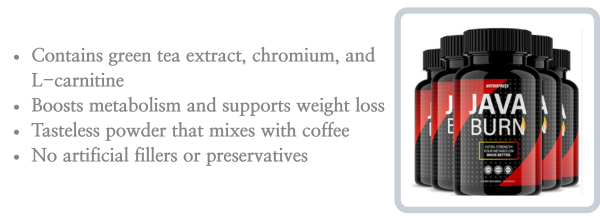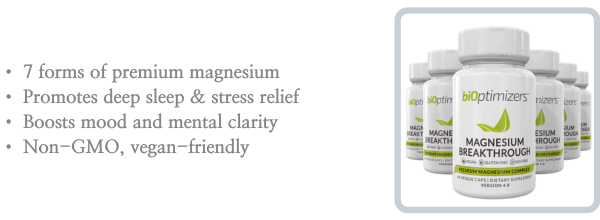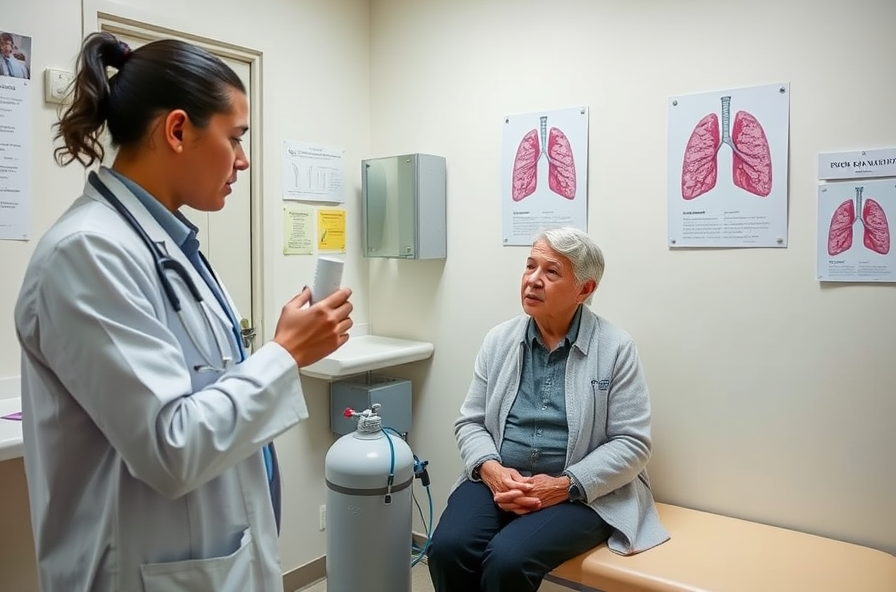
No one’s lining up to chat about constipation, but, hey, let’s be real—just about all of us have wrestled with it at some point. It’s awkward. That stuck, heavy feeling when your body just won’t cooperate—yup, we’ve all faced it at least once. Whether you only notice it once in a blue moon or it keeps staging surprise attacks on your week, constipation can leave you feeling way more sluggish and irritable than you’d like. Honestly, it’s the worst, but no one wants to admit how much it can mess up a day. Still, it’s worth understanding what’s going on behind the scenes in your body when this stubborn slowdown shows up.

No one’s lining up to chat about constipation, but, hey, let’s be real—just about all of us have wrestled with it at some point. Here, we’ll get into what’s actually going on in your gut when things slow to a crawl, why it happens (hello, travel, stress, and random life curveballs), and, more importantly, what you can actually do to get things moving again. If you’re fed up with that annoying sluggish feeling and just want the honest lowdown—without the clinical jargon—this article is like a pep talk from the friend who just gets it (and who isn’t afraid to talk bathroom truths).
It’s awkward. That stuck, heavy feeling when your body just won’t cooperate—yup, we’ve all faced it at least once. Whether you only notice it once in a blue moon or it keeps staging surprise attacks on your week, constipation can leave you feeling way more sluggish and irritable than you’d like. Honestly, it’s the worst, but no one wants to admit how much it can mess up a day. Still, it’s worth understanding what’s going on behind the scenes in your body when this stubborn slowdown shows up.
Basically, constipation means your bathroom visits drop to less than three times a week, and when you do go, it’s like wrestling with a stubborn boulder—hard, dry, and not exactly a walk in the park. If you ever find yourself sitting there, waiting, straining, and feeling like you didn’t quite finish the job, well, that’s constipation for you—so annoying.
It turns out that just switching up your daily routine can throw everything out of balance. Hit the road for a trip? Eat different foods? Forget to drink enough water because you’re busy (or just distracted by life)? Or maybe you tossed a new medication into the mix. Even feeling stressed to the max can glue things up. The Mayo Clinic talks about how all these interruptions can mess with your regular rhythm.
According to the Cleveland Clinic, most of the time, it’s our habits or lifestyle choices that block things up, though sometimes a health condition can be lurking in the background. It all comes back to the speed your food moves through you: too slow, and your colon starts soaking up extra water from whatever’s left, making your stools rock-hard and brutally dry. No wonder it feels like such a trial.
Some folks are more prone than others. Getting older—let’s face it, things just slow down. Eating a sad, low-fiber diet, skipping exercise, or pushing away that “I gotta go” urge until later (guilty!) all up the odds. It’s not just physical, either; that feeling of a bloated, heavy belly that drags on for hours? Deeply unpleasant, and yet weirdly common.
The upside? A lot of constipation fixes are honestly pretty doable. Just picking up your water intake—more sips throughout the day—sometimes makes a bigger difference than you’d expect. A friend of mine swears by starting her morning with a warm mug of lemon water. She claims her digestive system doesn’t even need coffee anymore. Made me laugh, but hey, it works for her.
Ramping up the fiber is key, too. It isn’t just about tossing salad onto your plate, either; both types of fiber matter, and I only recently figured out the difference. You’ve got soluble fiber in things like beans and oats (they help gel things up), and insoluble in veggies and whole grains (which, in a good way, keep things moving along). Turns out, you need a solid mix of each if you want any progress.
Don’t underestimate the power of movement. Just a simple stroll around the block, taking the stairs, whatever gets you out of your chair—even a short dog walk—can jumpstart your system in a way that’s honestly kind of impressive. I underestimated that before, but now I get it.
If things are still stuck, some people turn to fiber powders or gentle laxatives—totally fair for a once-in-a-while emergency, but not something you want to rely on every day. The real magic comes from a little routine: picking a daily bathroom window, especially right after breakfast when your gut wakes up. A friend of mine finally started feeling better by shutting her phone in another room, sitting quietly after breakfast, and just waiting it out—no pressure, just some calm. It took a while, but eventually her body caught on. Sometimes, those tiny rituals spark the biggest changes.

Nobody’s eager to talk about bathroom problems, but when you know what’s up, you’re way less powerless against stubborn constipation. A few thoughtful tweaks in what you eat, how much you move, and how you listen to your body honestly go a long way. Your system may need a minute to catch on, but once it does, everything tends to settle back into its groove. Show yourself some patience—your gut will repay you with relief, even if it takes a little time to find your flow.
sources
- Constipation – Symptoms and causes – Mayo Clinic
- Constipation: Symptoms & Causes – Cleveland Clinic
- Constipation | Causes, Symptoms, Treatment and Support – Guts UK
Today’s related searches: foods that relieve constipation quickly, how to increase fiber intake naturally, morning routine for better digestion, best exercises for constipation relief, natural remedies for chronic constipation
[intro_box]































